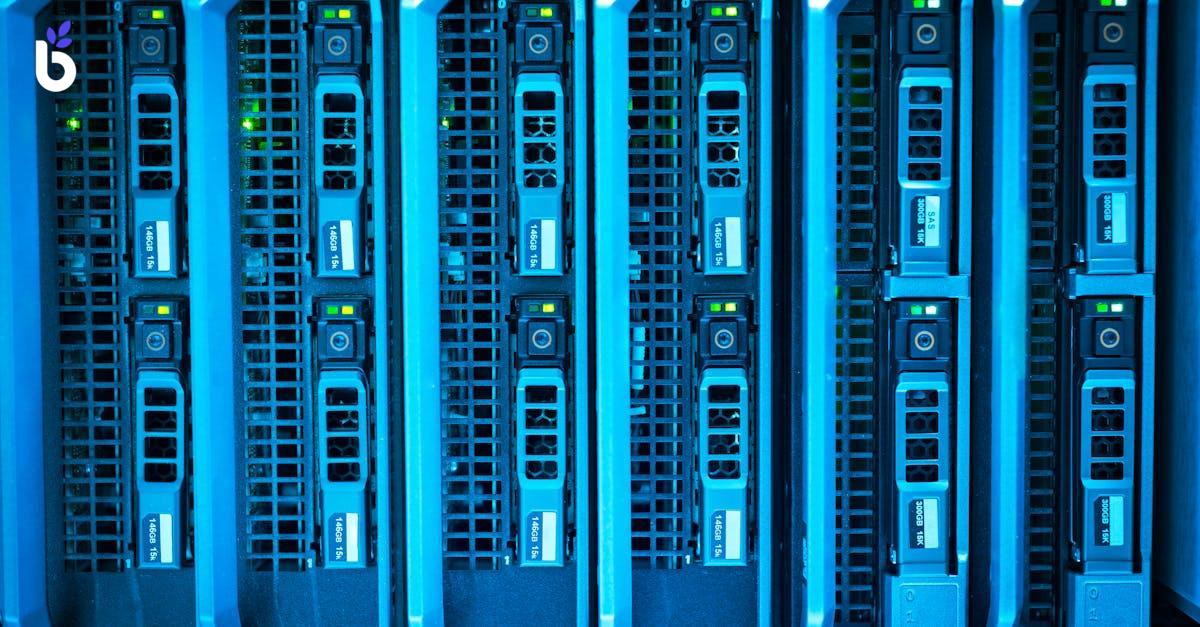WHAT IS BACKUP SERVER?

What is Backup Server?
Backup Server Meaning
A backup server is a dedicated computer system utilized for storing and protecting crucial data against potential loss. In today's digital landscape, it forms an integral part of an organization's data management strategy, offering redundancy and enhanced security for invaluable digital assets. By routinely capturing and securely storing backups, a backup server ensures that businesses can swiftly recover their data in case of unexpected incidents.
Understanding the Role of Backup Servers in Data Management
Backup servers serve a vital purpose in the realm of data management. They act as a secure repository for archived business data, facilitating activities related to business continuity, disaster recovery, and effective data handling. By centralizing the backup process, businesses can streamline their operations, significantly reducing both time and costs tied to data management.
Importance of Data Backup and Disaster Recovery Strategies
Data is the lifeblood of modern enterprises, and the inability to access or restore it can lead to severe consequences. Backup servers are critical security measures, designed to safeguard essential information in emergencies. Implementing robust data backup and disaster recovery strategies allows organizations to restore operations quickly following unforeseen events. "By utilizing a well-structured backup system, businesses can maintain assurance that their critical data remains protected."
Different Backup Methods and Technologies Used
Backup servers generally utilize various methods like full backups, which encompass all data, and differential backups, which only include changes since the last backup. The choice of backup method is influenced by the types of data being managed and its overall size. Furthermore, modern backup technologies may also incorporate features like encryption, data compression, and deduplication, boosting both security and integrity.
FAQs
Why Are Backup Servers Crucial for Business Continuity?
Backup servers are indispensable for ensuring business continuity. They provide a reliable secondary system for data storage, thereby safeguarding against potential data loss due to disasters. Their role in redundancy and reliability is paramount, especially during crises.
How Do Organizations Test and Verify the Integrity of Their Backup Data?
To confirm the integrity of backup data, organizations conduct regular testing. This encompasses data audits, accuracy verification, and assessments for potential security vulnerabilities. Moreover, implementing disaster recovery testing protocols allows organizations to ensure that their backup systems function properly and data can be restored smoothly.
What Considerations Are Important When Selecting a Backup Solution?
Selecting an optimal backup solution requires careful evaluation of several aspects, including:
- Backup technology
- Storage capacity
- Data security protocols
- Backup frequency and scheduling
- Data recovery capabilities
- Overall pricing
Organizations should also consider the specific features that cater to their unique needs, alongside the solution's scalability and adaptability. This comprehensive approach helps ensure robust data safety and compliance.
Conclusion
In summary, backup servers are a fundamental element of effective data management strategies. They guarantee that valuable business data remains safe, secure, and accessible, thereby enabling organizations to navigate potential crises with confidence. By prioritizing data backup and disaster recovery, businesses can enhance their resilience and maintain operational continuity even in challenging circumstances.
For further understanding, you might want to check the Glossary of Backup Servers to deepen your knowledge on this critical technology.
Take control of your business today
Explore BizCRM App and start your journey towards business success.
